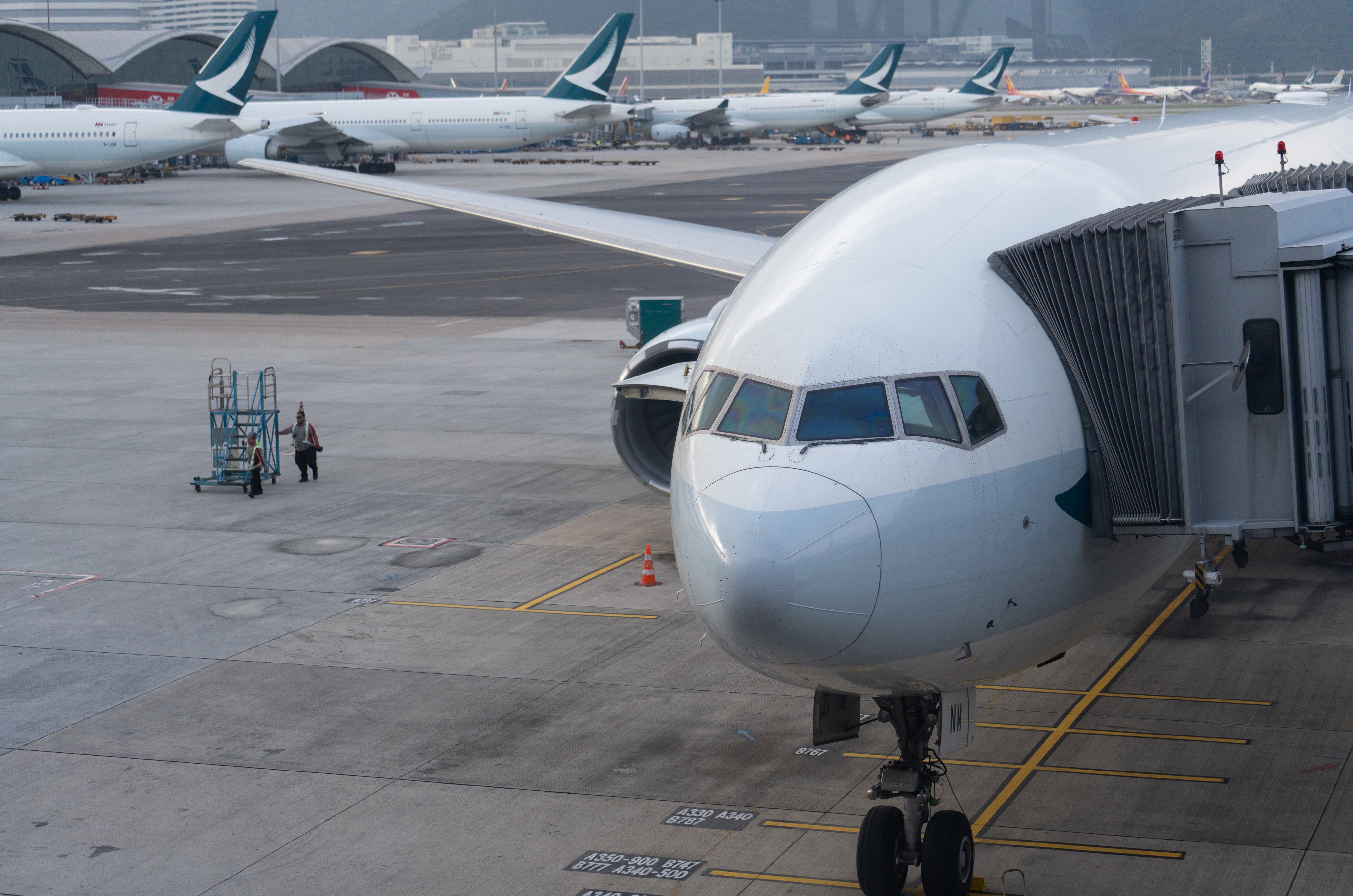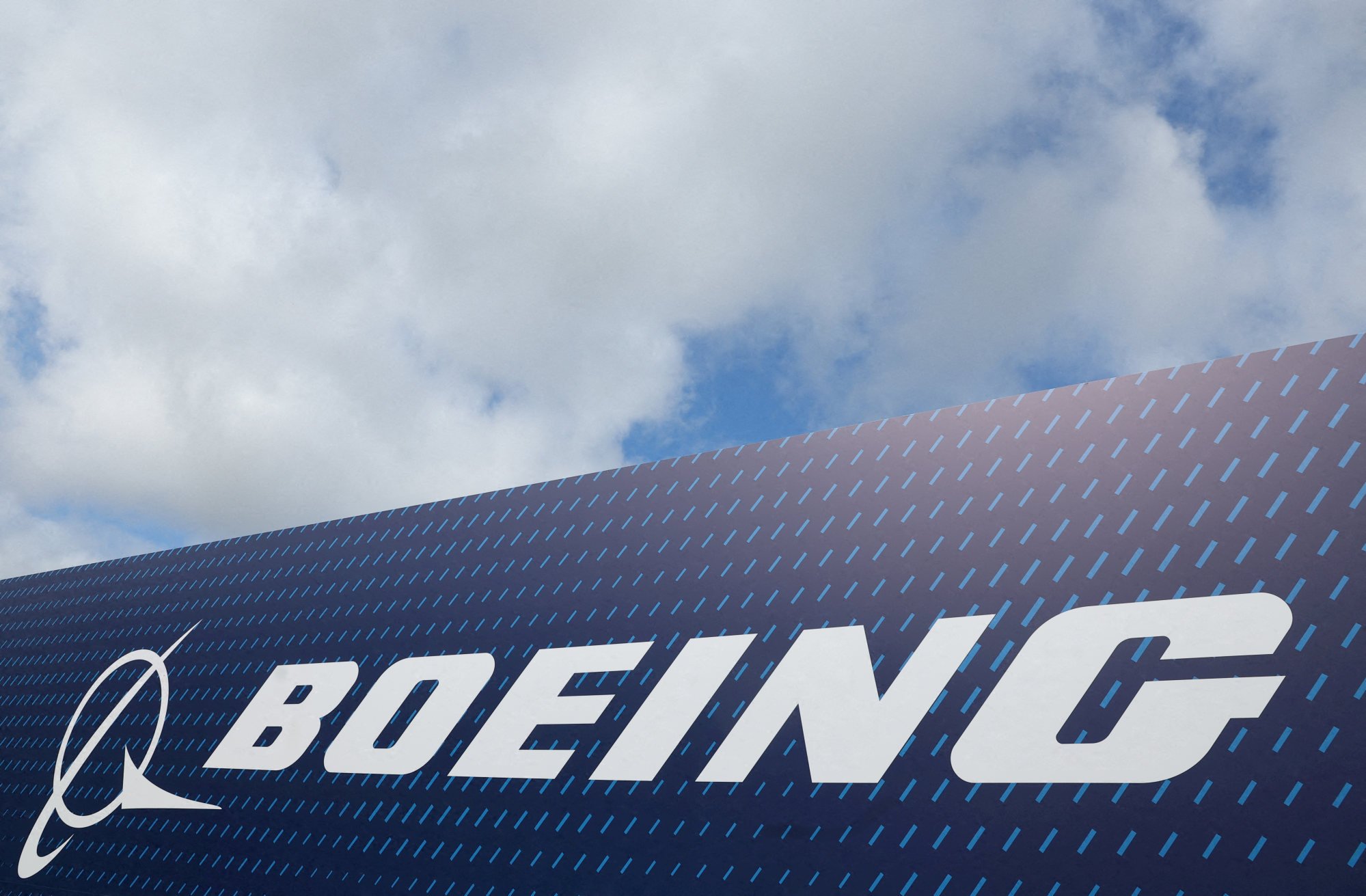No Need For Hong Kong To Reject Boeing Aircraft Deliveries, Experts Say

There is no need for Hong Kong to follow the central government in rejecting aircraft deliveries from Boeing amid the US-China trade war, analysts have said, arguing such a move would only hurt the city’s aviation hub status and local airlines’ expansion plans.
Beijing ordered mainland Chinese airlines not to accept deliveries of up to 50 aircraft from the United States aerospace giant, Boeing CEO Kelly Ortberg said last week.
While the move raised concerns that Hong Kong’s carriers could follow suit, experts said on Friday that it would be unnecessary for the city to adopt such an approach.
Hong Kong’s Cathay Pacific Airways is expected to receive its 21 ordered Boeing 777-9 aircraft in 2027 or later.
Ronald Lam Siu-por, CEO of the city’s flag carrier, declined to comment on Friday about the company’s Boeing delivery plans.
In recent years, the airline has taken a greater interest in aircraft made by European aerospace corporation Airbus.
Cathay announced a HK$100 billion (US$12.9 billion) investment drive in 2024 spanning seven years that included buying 30 Airbus aircraft, on top of 70 that were previously ordered.
Greater Bay Airlines, which is expected to introduce 15 Boeing 737-9 aircraft to its fleets between this year and 2027, said it would closely monitor the situation.
With China’s retaliatory tariffs on American imports considered cost-prohibitive, the country’s airlines are expected to pay unprecedented prices for Boeing planes shipped from the US.
But Jason Li Hanming, a US-based aviation analyst, said it was not necessary for Hong Kong, a free port, to follow suit with either imposing tariffs or rejecting Boeing deliveries, arguing such a move would be detrimental to the city’s competitiveness.
“I don’t think it worthy nor necessary for Hong Kong to follow. It is a typical aircraft consumer given its status as an important air hub, but there are no large aircraft made in Hong Kong,” he said.
“So, charging aircraft or their components with tariffs will seriously and negatively impact local carriers’ cost and thus competitiveness in the international market, and eventually diminish Hong Kong’s status as Asia’s logistics and business centre.”
Law Cheung-kwok, a senior adviser at the Chinese University of Hong Kong’s Aviation Policy and Research Centre, said he believed local airlines such as Cathay would not change their Boeing delivery plans so easily.
“I don’t see the need for local airlines to follow suit. Hong Kong is a free port that won’t face rising delivery costs on aircraft like mainland China. Changing the delivery plan for aircraft won’t be good for airlines as this will disrupt their expansion plan,” he said.
“The delivery of aircraft is a long-term planning process for airlines. The introduction of new aircraft is for their expansion of destinations, which cannot be easily changed.”
US President Donald Trump imposed cumulative tariffs of 145 per cent on all Chinese goods over several escalatory rounds amid his second term, with the White House also revealing the overall figure to be as high as 245 per cent on some goods.
Beijing responded by increasing its levies on US goods to 125 per cent, on top of earlier-imposed tariffs.
Trump’s administration also announced new port fees on all Chinese-owned, operated and built vessels that docked in the US starting from mid-October. The fees would also apply to vessel owners – including businesses and individuals – from Hong Kong.
Li argued that Beijing’s countermeasures would have a limited impact on mainland carriers as they were facing oversupply and underpricing problems, adding that the airlines could negotiate with Boeing about the forfeiture of their down payments.
“Despite the fact that the down payment is de jure lost, it is de facto negotiable. For example, during 2019 and 2022, when mainland carriers could not take Boeing 737 Max planes, some of them negotiated with Boeing to convert their order to Boeing 777 freighters,” he said.

Li added that some orders were initiated by leasing companies and Boeing could arrange for the aircraft to be delivered to clients in other countries.
“Considering the tight demand right now, I think their loss will be reimbursed by other clients willing to pay for the expedited delivery,” he said.
Professor Terence Chong Tai-leung, executive director of the Lau Chor Tak Institute of Global Economics and Finance at Chinese University, agreed the city was very unlikely to follow China’s lead in rejecting Boeing aircraft.
He cited the city’s approach to US tariffs, which had not mirrored China’s retaliatory hikes, as evidence of its independent stance as a separate member of the World Trade Organization.
“Hong Kong is known for free trade and it’s important to keep our free-port status,” Chong said. “That way, it preserves a safety net if China wants to acquire cheap American goods, which are now subject to tariffs when entering China.”
He said Beijing’s decision sent a strong message to the US about its willingness to fight back, even if that meant defaulting on Boeing orders.
“This is a very strong signal from mainland China,” he said. “The potential refusal to accept even aircraft parts, not just new planes, could lead to the grounding and eventual retirement of Boeing aircraft operated by airlines in mainland China.”


